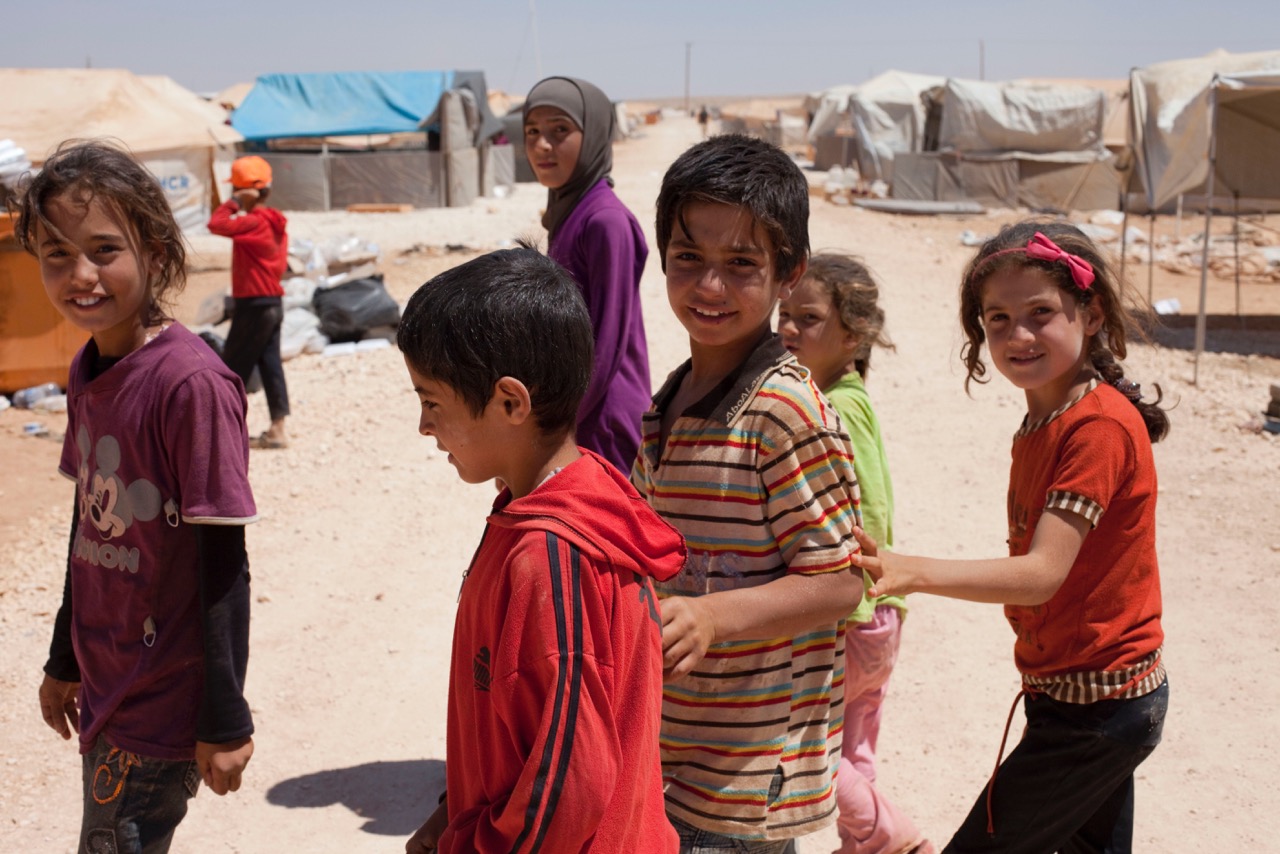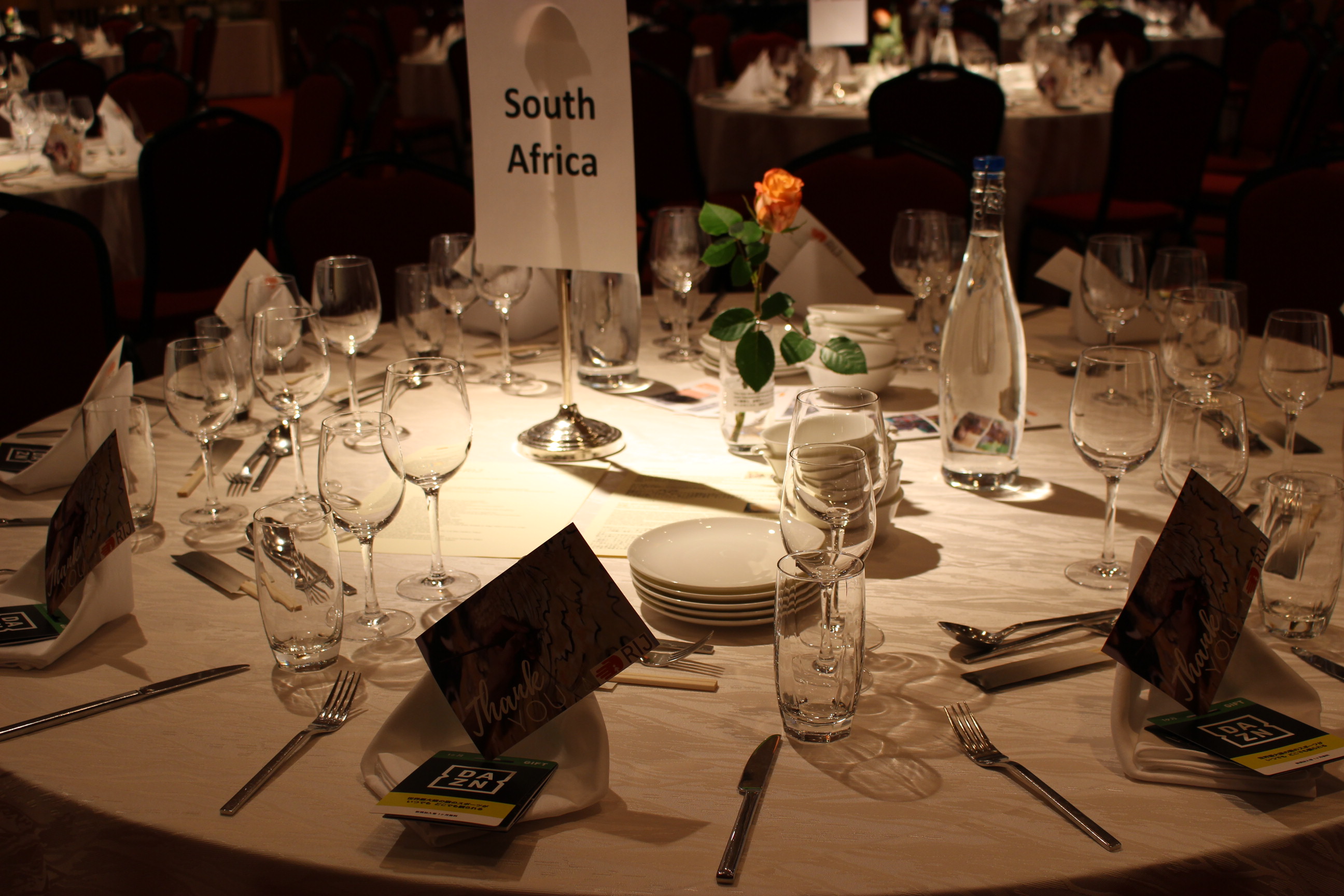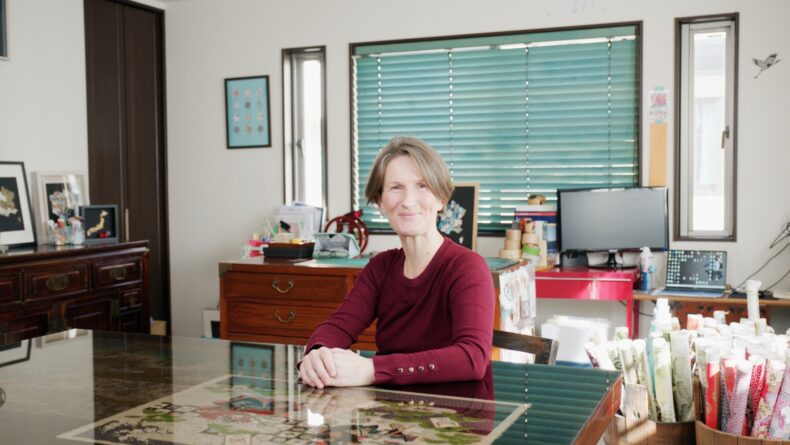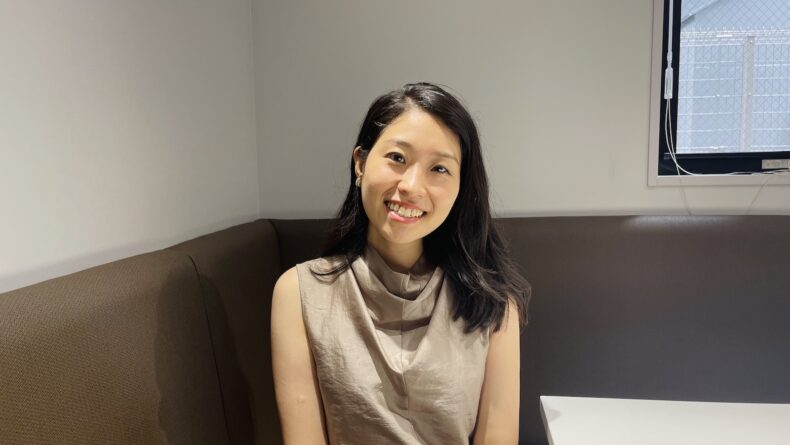Protecting Refugees In The Covid-19 Pandemic Era
Refugees International Japan’s Story In Coping With The Pandemic
How does a pandemic impact a refugee association? We sat down with Refugees International Japan to discuss how the Covid-19 pandemic consequences—movement restrictions and social distancing—affected their day-to-day activities. How are they coping in times like this to continue their effort to help refugees worldwide? And how can we help?
Covid-19 has no doubt changed many lives worldwide, needless to say the most vulnerable amongst us aren’t excluded from this. According to UNHCR, there are 79.5 million people displaced from their homes worldwide, of which 26 millions of them are refugees. This pandemic has basically exposed how something so simple as washing our hands is a privilege not accessible to everyone. As a really simple example, the New York Times showed us a camp hosting a million refugees in northwestern Syria where water is not even running: Handwashing is completely out of the equation.
this pandemic has basically exposed how something so simple as washing our hands is a privilege not accessible to everyone
Non-profit organizations like Refugees International Japan (RIJ)—whose purpose is to fund projects that support refugees worldwide—have also struggled as their operations were suddenly put into a halt. They raise funds through charity events, but all of those have been postponed, including their Gala Evening.
Initially scheduled on March this year, this gala has been postponed to October for the time being. Yet, as the world slows down and turns its attention to the pandemic, the refugee issues remain unresolved—and even, worsened—, and it made me wonder how the NPO has coped, so I decided to sit down and talk with Jane Best, who has been RIJ’s CEO for 20 years.
Refugees International Japan: who are you helping, how do you choose which projects you will support?
RIJ has been funding projects in refugee camps overseas for 41 years. We choose projects based on the refugees and the host communities’ involvement, and the projected results beyond the funding period. The goal is to create a decent life for refugees during resettlements, so they would not have to rely on aid forever. So far, we have funded up to 850 projects in 50 countries in the past 41 years.
What were some examples of the results of RIJ efforts for refugees, pre-pandemic?
One example of a project we are funding provides training on Human Rights and Environment across the Thai-Myanmar border. The refugees then advocate themselves for social change in their home communities and work with environmental groups or women’s groups. Another project we are funding for Caritas Nairobi resulted in jobs creation where refugees have built their own business and sustain themselves through these actions, and in another project by the Karen Women’s Organization, mothers shared their baby kits and knowledge to new mothers within the camp.
the goal is to create a decent life for refugees during resettlements, so they would not have to rely on aid forever
Raising funds is not easy I guess; how did RIJ strive to succeed?
The biggest challenges in getting people to contribute to our cause are the misconceptions about refugees:
- They are immigrants—no, almost all of them wish to return to their countries;
- They are lazy and they just want handouts—no, many of them are middle class, educated, and professionals;
- They are a drain on their communities—also no, they have proven to make a considerable economic contribution to society.
In Japanese in particular, the characters for the word refugee are written using these two kanjis: 難民 (nanmin, difficult people), which can create a misunderstanding. Refugees are far from being difficult and therefore such a stereotype should not be enforced.
What has been the most significant changes you noticed whilst you were leading RIJ?
There has been more interest in what we are doing! The most important thing is to build trust here. People tend to fear things they don’t understand—why they should donate or where the money would go to, but once we’re passed that—which takes time—they’re loyal to the cause.
Big, major events have also transformed in terms of avoiding unnecessary spending as there seems to be more awareness for social responsibility with people wanting more transparency and accountability.
How has the current pandemic impacted RIJ’s activities?
The biggest challenge has been in the movement restriction that prevents us from raising funds through charity events. Without funding, we cannot fund more projects.
Our staff has been working from home most of the time. It’s good because arranging a meeting time has been easier, but also bad because our operations are now restricted. Our interns are not able to fully interact with our team, and their experiences to arrange fundraisings have also been limited. We also cannot hold our regular volunteers’ meetings, where we gather staff and volunteers to share our progress and share ideas in how everyone could help.
What has RIJ done so far to continue operation during the pandemic?
We are following up on past projects, to keep track of what is going on in the camps we support. We had a panel forum with the members of one project where they shared about their situation during the pandemic, that we will put up on our YouTube channel. The result has been positive, so we are thinking of holding another panel with another group, but we need to ensure they have a stable internet connection over there in order to carry this plan.
We have not canceled any of our events, but have postponed them, hopefully for the foreseeable near future since we want to continue funding projects for refugees.
We have also been holding online events—but we do not charge for these events and therefore could not raise funds from them.
naturally, our attention always turns to the latest crisis even though we have yet to resolve the old ones as they become a second priority, hence possibly halting the aid delivery and funding needed by refugees
On a worldwide level, how do you think the pandemic has been affecting refugees?
The refugee camps we were in touch with are managing, even during the lockdown and with movement restrictions disabling them from resuming their activities. They do not have the privilege to socially distance themselves in the camp.
Other refugees in emergency areas could be in a much worse situation, such as the Yemeni or Rohingya refugees. They might not have the basic medicines and health services they need.
Do you think the pandemic could still affect the refugees’ situation when calming down?
Well, refugees are resilient people, so I believe they will continue living as usual to find the strength needed to persevere. However, providing aid could be more difficult to do post-pandemic. Naturally, our attention always turns to the latest crisis even though we have yet to resolve the old ones as they become a second priority, hence possibly halting the aid delivery and funding needed by refugees.
However, we might also see greater understanding as people start to see how refugees have been living in camp with limited mobility for years. People might see refugees becoming an asset as they integrate into the host community and contribute to the local community.
How do you think RIJ can contribute to assisting refugees in the time we’re living?
We continue to express our interest in supporting refugee camps, which is why we are hoping to carry out our fundraising events once it is safe to do so.
We also try to increase our presence online, encouraging people to donate, and arranging fundraising events for refugees. We’ve been doing online events as well through social media. Some people in the past have arranged online events to help to raise funds, such as having an online quiz, or storytelling activities.
How can we help?
People can give donations one-time, monthly, or annually. As RIJ is an independent organization, we provide transparency about the donations we receive. On our website, we’ve put up information on how people could help. Something as little as ¥1,500 could go a long way providing a baby kit to a new mother in Myanmar, so no amount is too little.
Arranging for online fundraising events involving RIJ, and sharing more information out there would help, too!
We are also interested in working with volunteers with skills such as animation, comic illustration, or marketing skills, to help our online campaigns for refugees, and we welcome any related inquiries.
2020/10/29 edit: In September 2020, RIJ has rebranded and renamed itself Refugees Empowerment International (REI) to reflect their mission more clearly. They are still working towards the same goal, which is to empower refugees worldwide. Additionally, their new name adds more relevance to their newest partnership endeavor with REI Australia that also works towards the same mission.

















Leave a Reply